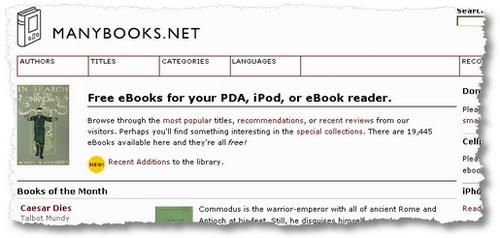E*Trade has been one of the top online brokers for stocks & shares since well before the dot com boom of the 1990’s. Now ANZ Share Trading has partnered with E*Trade to bring online dealing to the Antipodean marketplace. Attractive pricing, top quality research and tools make it easy, perhaps too easy, to enter the stock market.

I was intrigued by some of the tools that E*Trade offers its Australian customers, including a popular education center. Though the basics are well covered in terms of actual trading, it’s likely that unless the new investor is tempted towards ETFs, Sharepacks or Managed Funds, she will need to learn and study some of the basics.
Why? Because prices do go down as well as up. And shorting stocks can be the fastest way to send your account to $0. Especially if you’re using borrowed funds! So I’d like to offer readers my how-to guide on getting started in the stockmarket.
Tip #1: Do your reading
Read about the market in general, get a feel for the general situation right now; find out what sectors are doing well and badly. Look for top tier companies that seem, even in adverse situations, to be doing the ‘right’ thing. Don’t buy anything.
Tip #2: Listen to the Pundits
It’s important to have some idea what people in-the-know are talking about these days, what they’re concerns are, what the buzz words are. But don’t let them influence your choices.
Tip #3: Choose a few companies
Choose a few companies, and start to follow their progress in the newspapers, on TV, and online. Check out their accounts, find out if you can read their public documents. If you can’t, start to study them. Find out what they’re doing, and check for the important numbers: EPS, Book Value, etc. You need to know these.
Tip #4: Start Paper Trading
That’s right. Simply trade on paper (or on Excel). Buy imaginary lots in your head, write it down, and see how it feels. Follow the news, chart the progress, and check the dividends. See how you feel, if you can cope with the ‘ownership’ and risk.
Tip #5: Build your watchlist of companies
That’s that simple. Build a watchlist of companies that you are interested in. But don’t buy or sell. And don’t be afraid of missing out. This fear alone contributes to enough mistakes I’ve made.
Tip #6: Get a grip of your finances
That simple. If you are eager to invest, can you answer these three questions positively? Do you have a 6 month emergency fund? Do you think you can afford to not have access to the month for more than 3 years? Do you think you can bear it if you lose all the money?
Tip #7: Choose your broker carefully
Now it’s time to choose your broker carefully. Read the reviews, check the tools and see if you can try the demo accounts. Perhaps you’ll be lucky and find that you can set up fantasy portfolio!
Remember once you start trading, keep your calm, don’t trade more than you can afford, and try not to churn your trades. If you’ve been a trading investor for a few months, you’ll likely find that you can win and lose money. But remember, never invest all of your cash in one stock… just in case.
Please note: these are personal comments, and as such do not represent investment advice. Do your study carefully, make your own choices. And remember, you can lose far more than you intend to in the stockmarket. It may not be a suitable place to invest for your personal life. Consult a specialist if you’re unsure or don’t understand anything about the stockmarket.
Now if you’ve been investing for a while, what do you wish you had known before you go started? Share with us!
